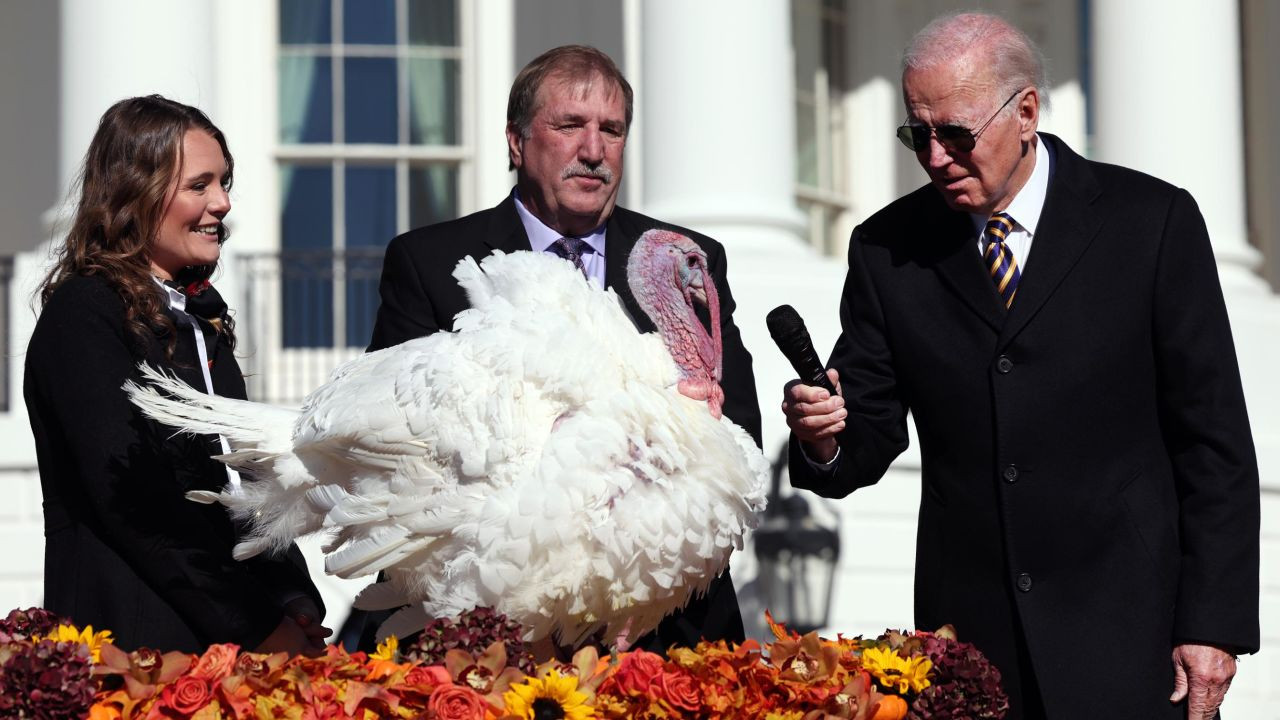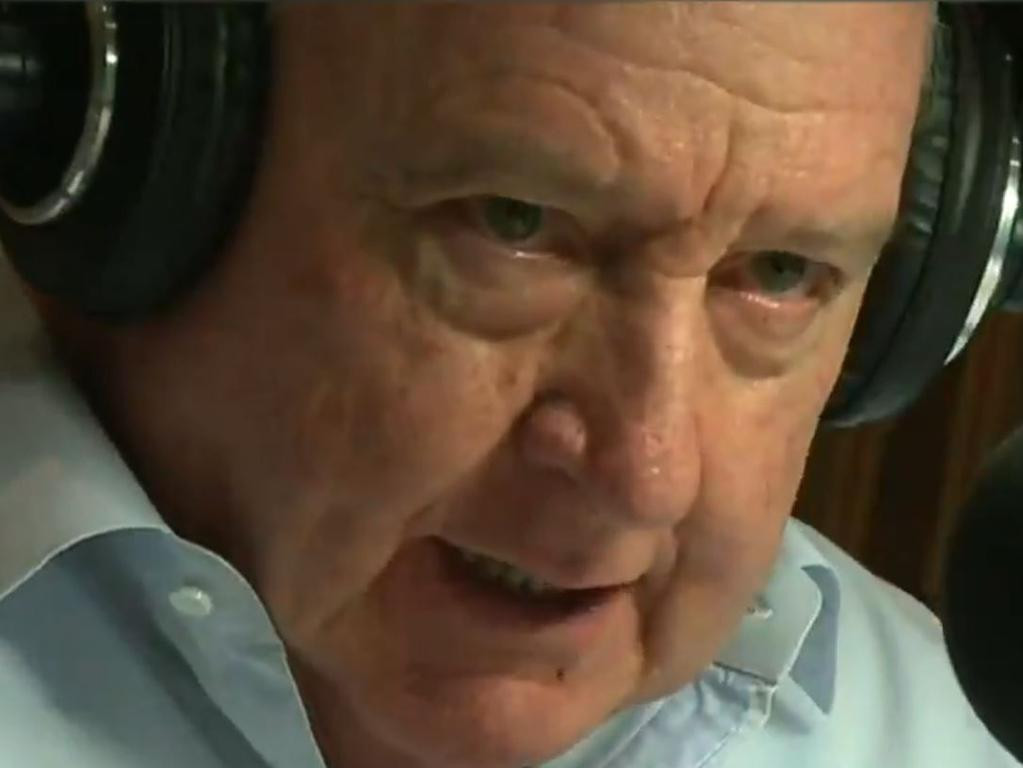President Biden Pardons Son Hunter: A Controversial Act of Clemency
Outgoing US President Joe Biden issued a full and unconditional pardon to his son, Hunter Biden, on December 1st, 2024, a decision that has ignited a firestorm of controversy across the political spectrum. Hunter Biden had faced sentencing hearings for gun charges and a guilty plea to tax charges, potentially facing years in prison. The President's decision, announced in a statement released on the White House website, has raised questions about the intersection of family loyalty and the rule of law.
The Pardon and its Rationale
President Biden's statement defended the pardon, asserting that his son's prosecution was politically motivated and constituted a “miscarriage of justice.” He stated that Hunter Biden was “singled out only because he is my son,” and that “raw politics…led to a miscarriage of justice.” The President detailed several key aspects of the case, comparing his son’s treatment to similar cases, suggesting that Hunter had been treated unfairly and that a negotiated plea deal had been unjustly undermined. He emphasized that while he had previously stated he would not interfere in the Department of Justice's proceedings, the situation constituted a unique circumstance. Furthermore, the President suggested that the attacks on his son were an attempt to undermine him politically, impacting his presidency and even his personal well-being.
Timeline of Events
The pardon concludes a lengthy legal saga for Hunter Biden. He faced multiple charges, including felonies related to a firearm purchase where he falsely claimed he wasn't an illegal drug user, and tax evasion charges. A plea deal initially reached with prosecutors fell apart when a judge expressed concerns. These charges, combined with the highly publicized nature of the case, cast a considerable shadow over both Hunter and his father's political careers. Public statements made by Biden himself throughout the proceedings stating that he would not pardon his son now stand in stark contrast to his final decision, adding to the level of controversy surrounding the matter.
Political Reactions and Fallout
The pardon has drawn sharp criticism from Republicans, who have long scrutinized the Biden family's business dealings. Representative James Comer, chairman of the House Oversight Committee, condemned the decision, describing it as a cover-up of the Biden family's alleged wrongdoings. He characterized the charges against Hunter as merely “the tip of the iceberg” of a broader pattern of corruption. This criticism reflects a long-running partisan divide, fueled by accusations of conflict of interest and political maneuvering that have escalated in intensity as the 2024 election cycle neared its conclusion.
On the other hand, some Democrats have expressed understanding, citing the emotional toll on President Biden and the possibility that the charges were politically motivated. President Biden himself evoked this rationale for his controversial decision, referencing his family and his desire to ensure a fair outcome in a complicated and high-profile case. They’ve argued that the pardon does not necessarily invalidate the legal process, but rather attempts to rectify a perceived unfairness within the system itself. The pardon’s significance is magnified due to its timing—with the President’s term concluding shortly, the act is undeniably final and cannot be overturned.
The Trump Response
Donald Trump, the President-elect, responded to the news with a post on Truth Social, questioning whether the pardon extended to the January 6th rioters. He expressed his belief that the pardon constituted a “miscarriage of justice.” This reaction highlighted the deep partisan divisions surrounding the pardon, transforming it from a relatively narrowly focused legal decision into a wider political symbol.
Hunter Biden's Statement
In a statement released following the pardon, Hunter Biden acknowledged his mistakes and accepted responsibility for his actions during his struggles with addiction. He reaffirmed his commitment to sobriety and expressed a desire to use his experiences to support others facing similar challenges. While expressing remorse and acceptance of responsibility, this statement also served to offer his perspective, adding another layer to the ongoing public discussion.
Lasting Legacy and Implications
President Biden's decision to pardon his son will undoubtedly shape his legacy and the perception of his administration. Critics argue that it compromises the integrity of the justice system and undermines the rule of law. Supporters, however, might contend that it shows compassion and acknowledges the human element behind legal decisions, further highlighting the ongoing debate surrounding the intersection of personal values and political consequences. Regardless of perspective, the decision’s far-reaching impact is certain to influence public opinion, discussions about executive power, and the ongoing political tensions in the United States for years to come. The finality of this action ensures this debate will remain a topic of substantial public and political discussion for some time.
The pardon brings to a close a significant chapter in American politics, leaving behind a legacy of controversy and fueling long-standing debates on the limits of presidential power, the intersection of politics and justice, and the importance of transparency and accountability in government. It remains to be seen how this event will shape future political discourse and the public's understanding of the limits of executive clemency in a highly polarized environment. This momentous event undoubtedly adds a complex layer to the concluding months of President Biden’s time in office.

















